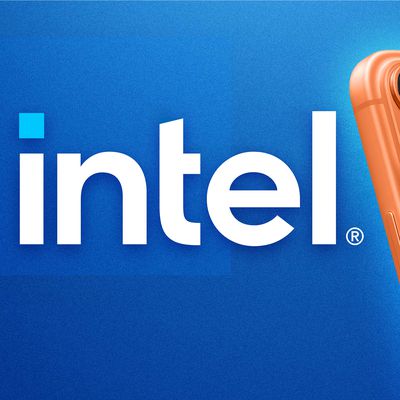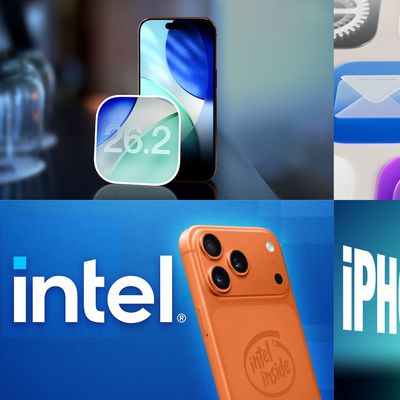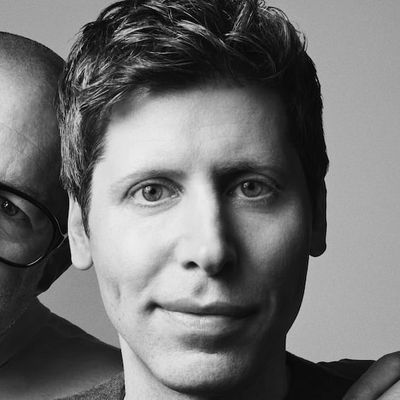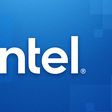Earlier this week, a report briefly mentioned that Clayton Morris of FOXNews.com, who offered several reports about the iPad coming to Verizon in the weeks leading up to the device's introduction, had spoken to a Verizon source who claimed that Apple and Verizon are continuing to work on an iPad deal despite AT&T having been the only announced partner at Apple's media event. Morris has finally filed his full report on the events, noting that according to his source, the companies are "still talking", although Morris acknowledges that the statement does not necessarily mean much.
Of course "still talking" doesn't mean anything. It would be ridiculous to think these companies aren't still talking: that's what big companies do. To be fair, these talks are very much in keeping with reports from Wall Street analysts who expect some Apple/Verizon partnership announcement this year. But I'll believe it when I see it.
Despite all the attention focused on the iPad at the moment, the report also claims that Verizon is much more interested in the iPhone due to its more lucrative revenue stream of contracted voice and data service. While sources are optimistic that a deal is in the works for later this year when AT&T's exclusivity agreement for the iPhone is reported to expire, other observers remain skeptical of the benefits of rolling out new iPhone or iPad hardware compatible with Verizon's CDMA-based network just as the company is preparing to transition to the next-generation LTE (4G) standard that will offer global hardware compatibility.
Another interesting tidbit claimed in the story is that AT&T won the battle among GSM-based service providers with its willingness to "outbid" its competitors in pricing.
"I think the pricing speaks for itself," said AT&T spokesman Mark Siegel. "Apple sets the price for these plans and the $29.99 unlimited plan is comparable to our data plans for other devices."
Comparable? Actually AT&T brought its A game, offering much cheaper options for consumers than currently exist for netbooks.
It remains unclear exactly why a Verizon-Apple deal for the iPhone didn't get done as many expected, although it seems possible that AT&T may have set the bar with its pricing structure and Verizon was unwilling to match it. Alternatively, Apple may have decided that it was unable or unwilling to offer hardware compatible with Verizon's CDMA network at this time.























